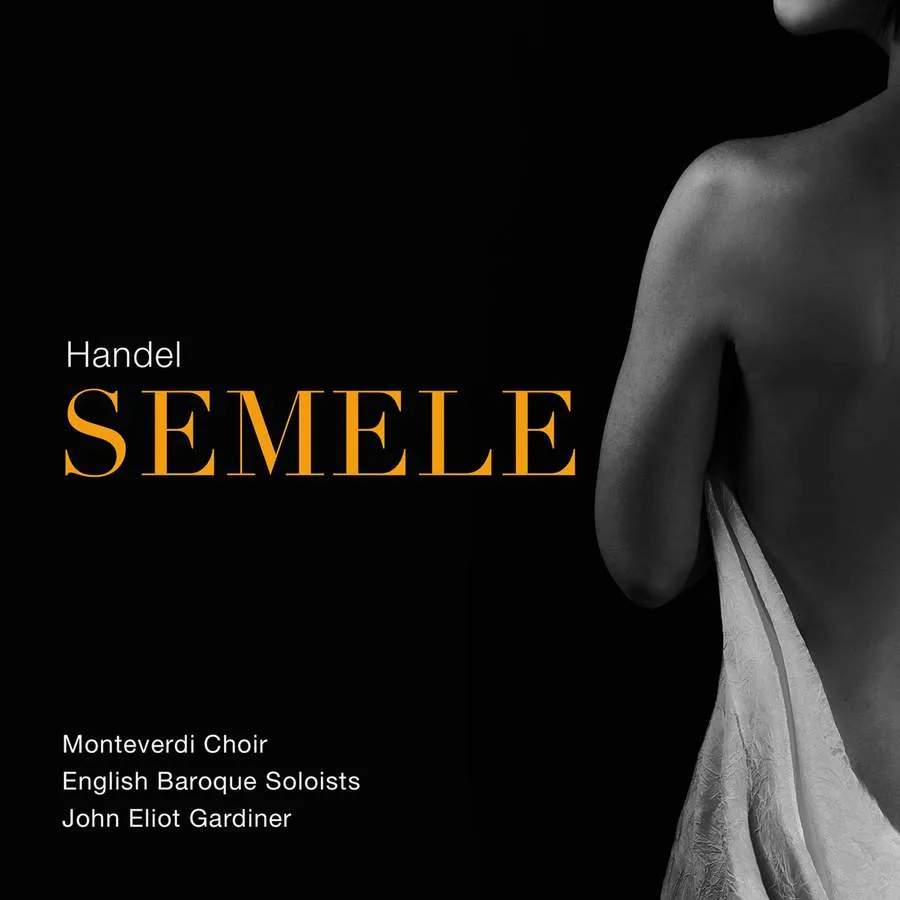
Handel Semele, HWV 58 Louise Alder, Hugo Hymas, Lucile Richardot, Carlo Vistoli, Gianluca Buratto, Emily Owen, Angela Hicks, Peter Davoren (voices); Monteverdi Choir; English Baroque Soloists/John Eliot Gardiner Soli Deo Gloria SDG733 155:09 mins (3 discs)
Directing this 2019 live performance of Semele, John Eliot Gardiner radically altered his approach to music he’d recorded 40 years earlier. Now Handel’s score is all about sex: Semele, the sultry kitten who dares love Jupiter, sets the mood, which choir and band run with, while jealous wife Juno lashes out. Gardiner correctly reads Semele as a story about women, whose passions dwarf Jupiter’s inconstant desire.
- Find out more about Handel and his work here
British soprano Louise Alder is riveting in the title role as she mutates from soft seductress to vain brat to crushed victim, applying a range of styles to develop her character. She starts off with coy French ways – her ornamentation and articulation sparkle in ‘With fond desiring’ – then, once she has won Jupiter, becomes a preening prima donna, burying ‘Myself I shall adore’ in her own extemporisations to parade her licence. As Juno, Lucile Richardot’s intensity equals Alder’s, but with less subtlety. While no doubt electrifying to a live audience, Richardot’s repeated gestures of fury – such as biting off line-ends – can become a bit tiresome for the listener at home. Countering her bluster is Hugo Hymas’s warm tenderness as Jupiter, and an always-inventive finessing of Handel’s dense score by the band and choir.
But Gardiner unaccountably compromises the drama and Handel’s wishes. He assigns the celebrated air ‘Endless pleasure’, not, as Handel directed, to Semele, but (as in the libretto’s c1705 source) to a minor character, and also re-instates arias that Handel deleted. Despite Gardiner’s caprices, this Semele production is gorgeous, and among the best ever.
Read more of our reviews of the latest Handel recordings here
Berta Joncus